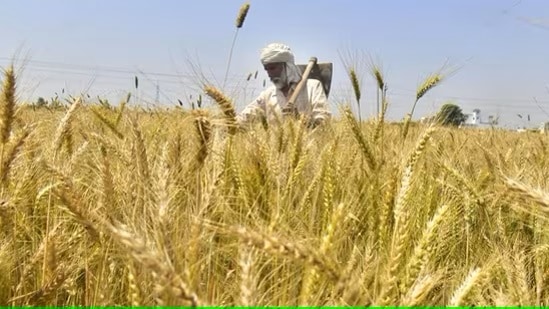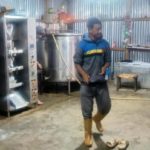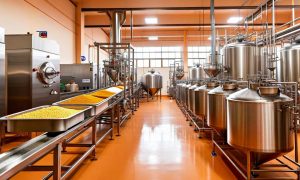
Demand and supply projections are crucial for formulating farsighted agricultural and food policies to sustain food production, ensure food security and for the efficient functioning of food systems while controlling for external factors such as changing consumption basket, taste, and preferences, changing population growth and income growth.
Against this backdrop, the present study estimates demand and supply projection of major agricultural commodities such as cereals (rice, wheat, coarse cereals), pulses, milk, meat, sugar, fruits, and vegetables up to 2030-31 under alternative per capita income growth scenarios. Prior to forecasting demand and supply projections up to 2030-31, the study has validated the adopted methodology to assess the forecasting performance of the model.
A review of earlier studies reveals that, for assessing the demand projection, most studies used per capita consumption of agricultural commodities from the latest National Sample Survey Organisation’s consumption expenditure survey round (2011-12).
However, since the food basket has registered significant change over the years, the present study has adopted an absorption approach to project demand for agricultural commodities where the absorption of a commodity is estimated after deducting changes in government stocks from the summation of production and net imports.
Expenditure elasticity used for demand forecast in this study is compiled from Kumar et al. (2011) as well as Niti Ayog’s Working Group (WG) Report on the Demand and Supply Projections towards 2033 (2018).
The estimated projections show that the food balance sheet will be stable in 2030-31 and the country will be self-sufficient in cereals under all the alternative scenarios. However, commodities like oilseeds, pulses and fruits are expected to experience a supply and demand gap in the coming years.
A deficit in the food balance sheet would result in higher imports to meet the domestic demand, in turn, leads to a huge import bill in the long run.
Therefore, the policy perspectives need to ensure a balance between domestic production and absorption of these commodities which requires investments in productivity-enhancing and technological inputs since area expansion is limited.
The projections also corroborate with earlier findings that consumption patterns would indeed shift further towards high-value commodities up to 2030-31, which require major investments in market infrastructure, processing, and storage facilities such as warehouses, cold storage and cold chains.
Encouraging private investment and public-private partnerships (PPP) in the agricultural supply chain can reduce post-harvest losses as well improve the supply of high-valued perishable commodities.
Moreover, with increasing climate crisis impacts over the years, the production of agricultural commodities to meet the increasing demand is a challenging task for the government and requires PPPs in agricultural research and development as well as climate change mitigation research.
Notably, advisory services and timely information through agricultural extension services can incentivise farmers to shift towards sustainable agricultural practices as well as ensure the balance between demand and supply of food.
The paper can be accessed by clicking here.
This article is authored by Shyma Jose and Ashok Gulati, ICRIER.

















